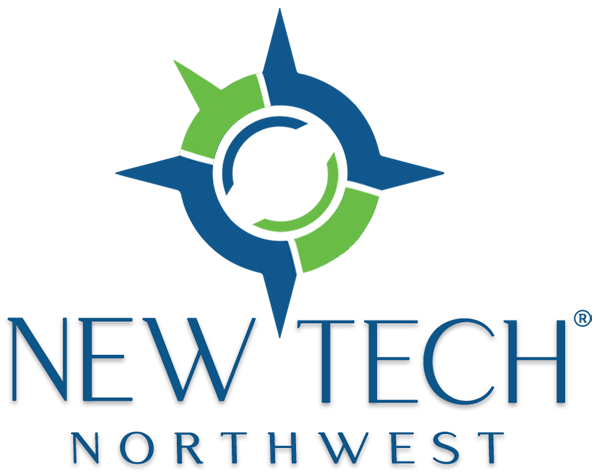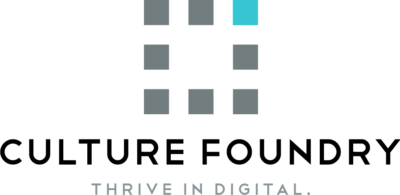With the Labor Day weekend just around the corner, many of us are making plans for a three-day weekend to enjoy the waning summer days. While I’m certainly looking forward to the long weekend, I’ve been thinking about the history of the Labor Day holiday here in the U.S. and the importance it holds today.
This year marks the 125th anniversary of celebrating Labor Day as a national holiday. Much has changed since its establishment at the height of the Industrial Revolution, where long hours, unsafe working conditions for adults and children, and insufficient access to fresh air, sanitary facilities and breaks persisted in mills, factories and mines across the country. On this day we honor our nation’s trade unions, the labor movement and all workers for their contributions to the social and economic achievements in our country.
The reasons may be vastly different from more than a decade ago, but it’s interesting to note the surge of activism we’ve seen from tech workers recently. Is this the beginning of a new, 21st Century, Information Age labor movement, or something else?
A recent Seattle Times article noted the way tech employees at local companies (or those with a presence in our region) are signing petitions, attending rallies and speaking out like never before. For example, Amazon and Microsoft employees have demanded that their companies stop providing services to Palantir, which provides its technology to Immigration and Customs Enforcement (ICE) and the Army. Microsoft, Salesforce and Google employees have also protested their companies’ ties to ICE and the military.
In these instances, and many others, employees are attempting to “remake the industry from the inside out – pushing for more control over how their work is used.” As University of Washington computer science professor Pedro Domingos told the New York Times earlier this year, “Employees of tech companies, like Google and Microsoft, have an extraordinary amount of power, which is much different than it was 50 years ago. Often companies want to do things, but then they have to backtrack because they don’t want to displace employees.”
My interest in thinking about this topic and writing on it today was not that I’m not looking to side with one party or the other here. From the corporate perspective, it’s understandable that they have business goals and accountability to their boards, shareholders / investors, customers, partners and employees. And it’s not entirely surprising that we’re seeing this level of activism in the workplace as these businesses increasingly employ more Millennials and Gen Z workers, who especially believe they have the ability to change the world. Their cohort places a premium on the companies they work for and the stances and actions those companies take.
I’m curious to hear your thoughts on this topic. Is this level of employee activism just the tip of the iceberg? Will we see more employee walkouts, confrontations with leadership at board meetings, or employees challenging their companies’ customers? Will this result in more companies taking an approach similar to Salesforce, which recently hired its first-ever Chief Ethical and Humane Use Officer to “develop a strategic framework for the ethical and humane use of technology” across the company?
Thanks for stopping by. I hope you all have a safe, relaxing and labor-free holiday weekend.












